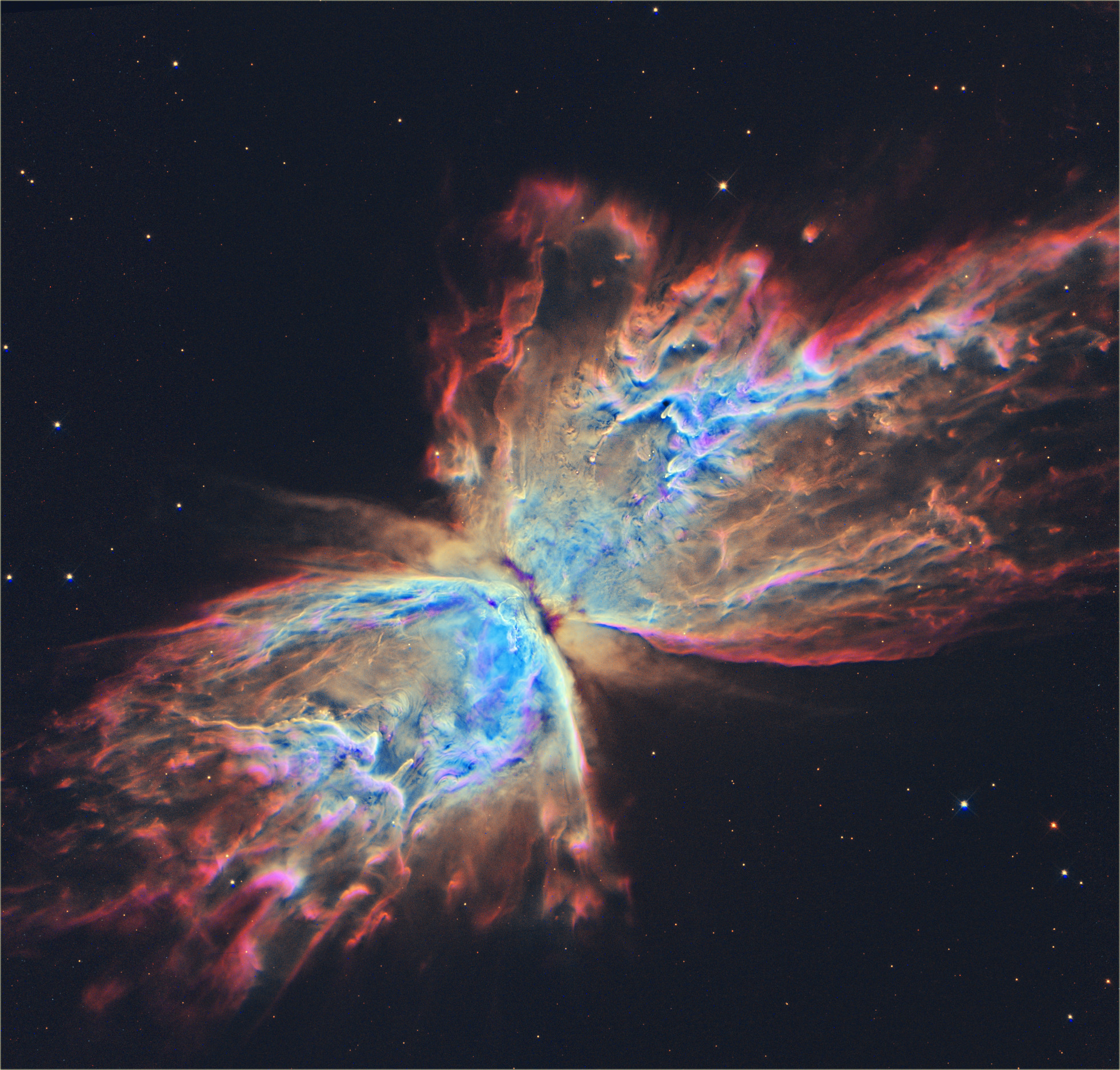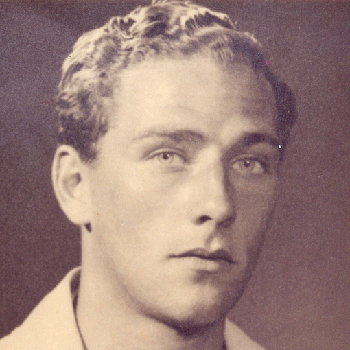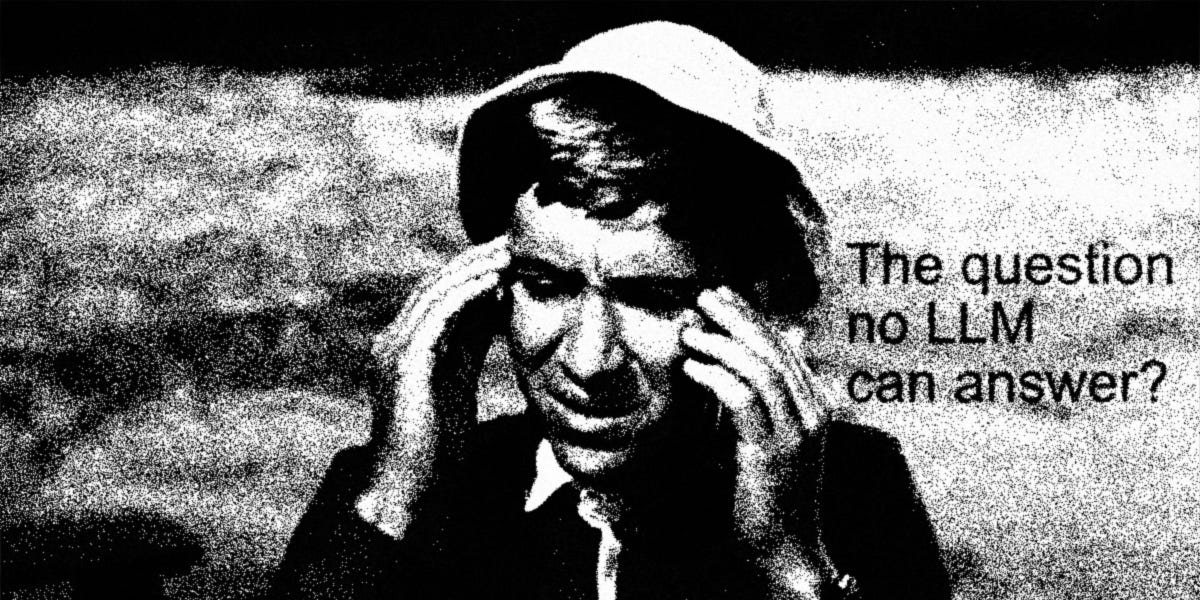
What Proust Knew About Identity
Few writers hold the world’s attention long enough for their 150th birthday to qualify as an event. But then, it’s hard to think of a novelist who has shaped readers’ imaginations as profoundly as Marcel Proust, whose anniversary on July 10 inspired literary tributes around the globe. Ever since his magnum opus, the seven-volume “In Search of Lost Time,” began to appear in 1913, it has been seen as a kind of master key to the modern mind.
Name a big idea over the last century and Proust has been used to explain or explore it—from psychoanalysis and Marxism in the 1920s and 1930s to cognitive science in the 21st century, in books like “Proust Was a Neuroscientist.” More recently, he has been enlisted as a writer for the age of Covid-19. Australia’s “Quadrant” magazine noted last week that Proust was “the ultimate self-isolator”—a lifelong asthma sufferer who spent much of his adult life quarantined in his apartment, windows permanently shut to keep out dust and pollen.
But the most urgent things Proust has to tell us today are about identity. Like so much of American society, the literary world has been gripped in the last few years by arguments about racial and sexual identity. Do writers have the right to imagine characters and stories unrelated to their biographical experience? Some critics decry such work as cultural appropriation, arguing that a writer has to know a story from the inside to do it justice. Others find that idea hostile to literature, as the novelist Lionel Shriver argued in a 2016 speech: “The ultimate endpoint of keeping our mitts off experience that doesn’t belong to us is that there is no fiction.”




















